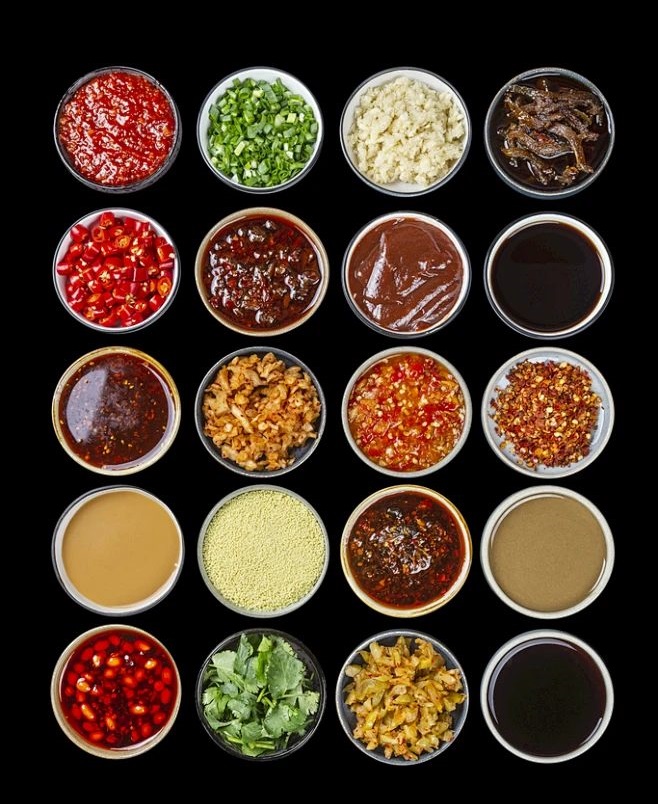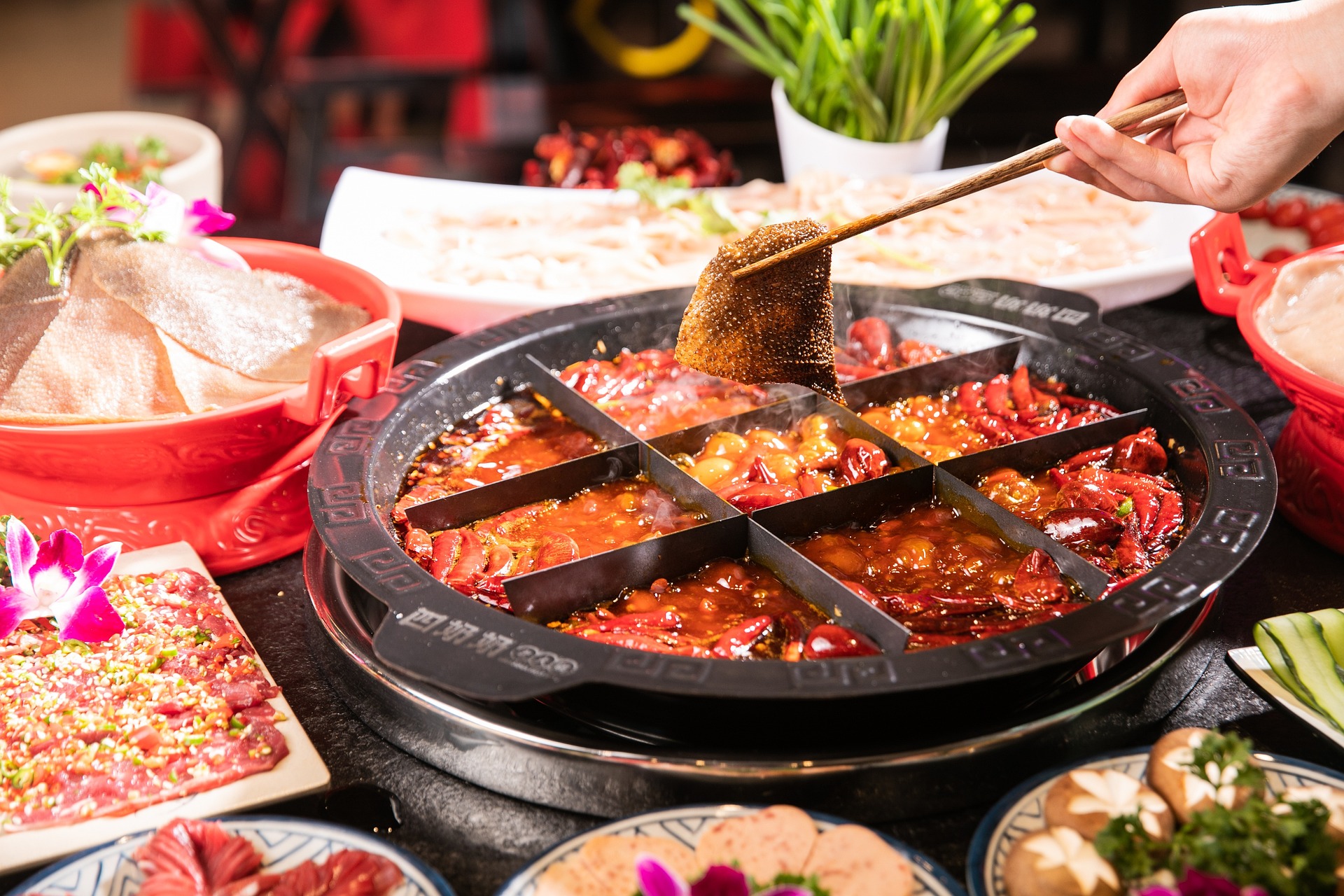Understanding Chinese seasonings (调味料, Tiáo Wèi Liào) is crucial for authentic Chinese cooking. This guide will help you navigate the complex world of Chinese condiments and teach you how to use them effectively.
Foundation Seasonings
Soy Sauce (酱油, Jiàng Yóu)
- Light soy sauce: for flavor
- Dark soy sauce: for color
- Usage tips:
- Add light soy early for flavor absorption
- Add dark soy late for color
Vinegar (醋, Cù)
- Black Vinegar (镇江香醋)
- Rich, complex flavor
- Perfect for dipping sauces
- Key ingredient in sweet and sour dishes
- Rice Vinegar (米醋)
- Milder taste
- Used in marinades
- Great for seafood
Aromatic Seasonings
Five Spice Powder (五香粉)
- Components: star anise, cloves, cinnamon, Sichuan pepper, fennel
- Uses: marinades, braised dishes
- Tips: use sparingly
Sichuan Peppercorn (花椒)
- Creates numbing sensation
- Toast before grinding
- Essential for Sichuan cuisine
Sauce Bases
Doubanjiang (豆瓣酱)
- Fermented broad bean paste
- Key to Sichuan cooking
- Tips for use:
- Fry in oil to release flavor
- Control amount for spice level
Hoisin Sauce (海鲜酱)
- Sweet bean sauce
- Perfect for marinades
- Great as dipping sauce
Storage Tips
- General Rules
- Keep soy sauce in cool, dark place
- Refrigerate opened bean pastes
- Check expiration dates regularly
- Shelf Life Guidelines
- Soy sauce: 1 year after opening
- Vinegar: indefinitely
- Pastes: 6 months refrigerated
“The secret to great Chinese cooking lies not in the quantity of seasonings, but in knowing when and how to use them.”
Master these seasonings, and you’ll be well on your way to creating authentic Chinese flavors at home.

 A Complete Guide to Chinese Hot Pot: History, Styles, and Etiquette
A Complete Guide to Chinese Hot Pot: History, Styles, and Etiquette